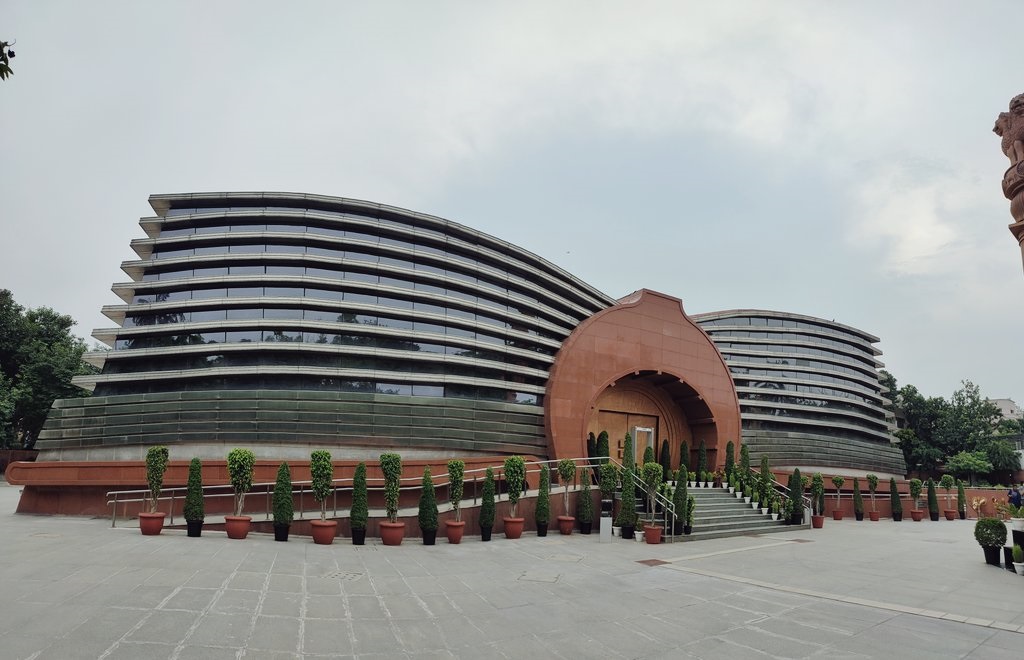![]()
1. Introduction
Parivrajaka Foundation (“the App”) is an Android application developed to provide users access to the services available at
https://parivrajaka.in/saathi/mobile/index.
We respect your privacy and are committed to protecting it. This Privacy Policy explains how information is handled when you use the App.
2. Target Audience
This App is intended for users aged 18 years and above.
The App does not target children under the age of 18, and we do not knowingly collect personal information from children.
If you are under 18, please do not use this App.
3. Information Collection and Use
a) Personal Information
The App itself does not collect, store, or share any personal data.
Any information you provide (such as login details or form data) is submitted directly on the website loaded inside the App and is governed by the website’s own privacy practices.
b) WebView Content
This App functions as a WebView wrapper, displaying content from:
All content, data handling, and services are managed by the website owner.
c) Automatically Collected Information
The App may automatically receive standard technical information such as:
- Device type
- Android version
- App crash logs (system-generated)
This information is used only to improve app stability and performance and is not used to identify users.
4. Data Sharing
We do not sell, trade, or rent users’ personal information to third parties.
The App does not share user data with advertisers, analytics providers, or external services.
5. Children’s Privacy
- This App does not target children
- No child-directed content is provided
- No personal data from children is knowingly collected
If you believe a child has provided personal information through the App, please contact us (sanjjay@gmail.com) and we will take appropriate action.
6. Permissions
The App only requests permissions that are strictly necessary for its functionality, such as:
- Internet access (to load website content)
The App does not access:
- Contacts
- Camera
- Microphone
- Location
- Storage (unless explicitly required by website functionality)
7. External Links
The App restricts content loading to its official domain.
We are not responsible for the privacy practices of external websites or services.
8. Security
We take reasonable measures to protect users by:
- Restricting WebView access to trusted domains
- Not storing sensitive data locally on the device
However, no method of transmission over the Internet is 100% secure.
9. Changes to This Privacy Policy
We may update this Privacy Policy from time to time.
Any changes will be posted on this page with an updated revision date.
10. Contact Us
If you have any questions or concerns about this Privacy Policy, please contact us:
Email: [sanjjay@gmail.com]
Website: https://parivrajaka.in

